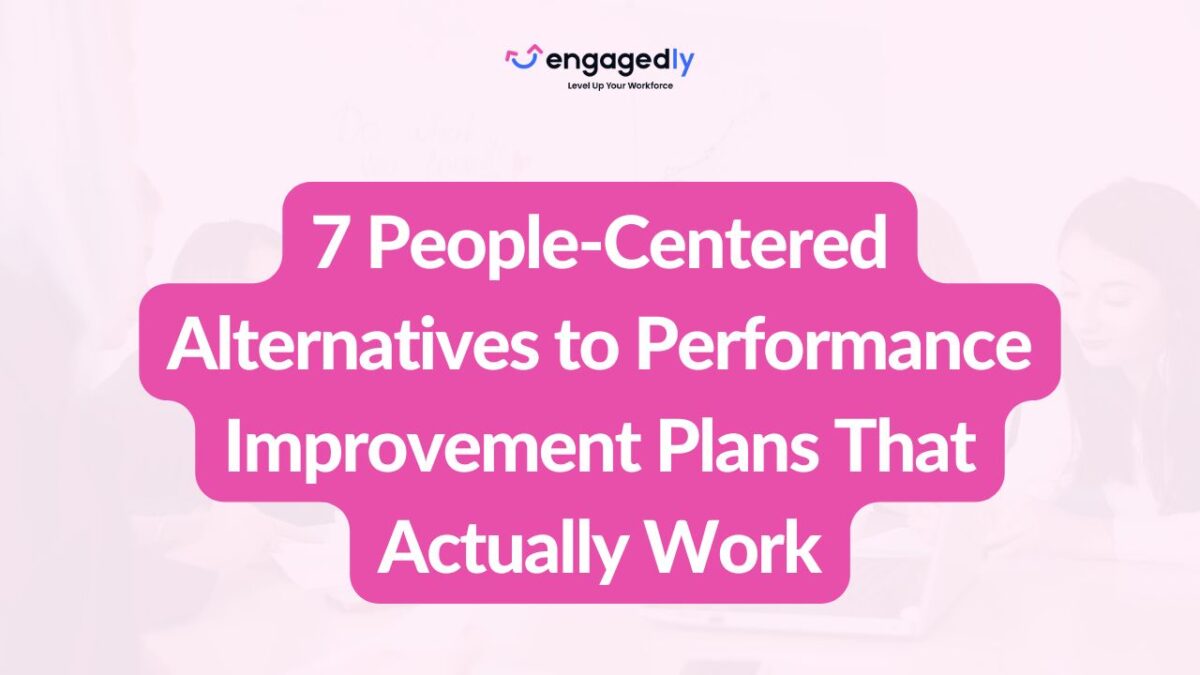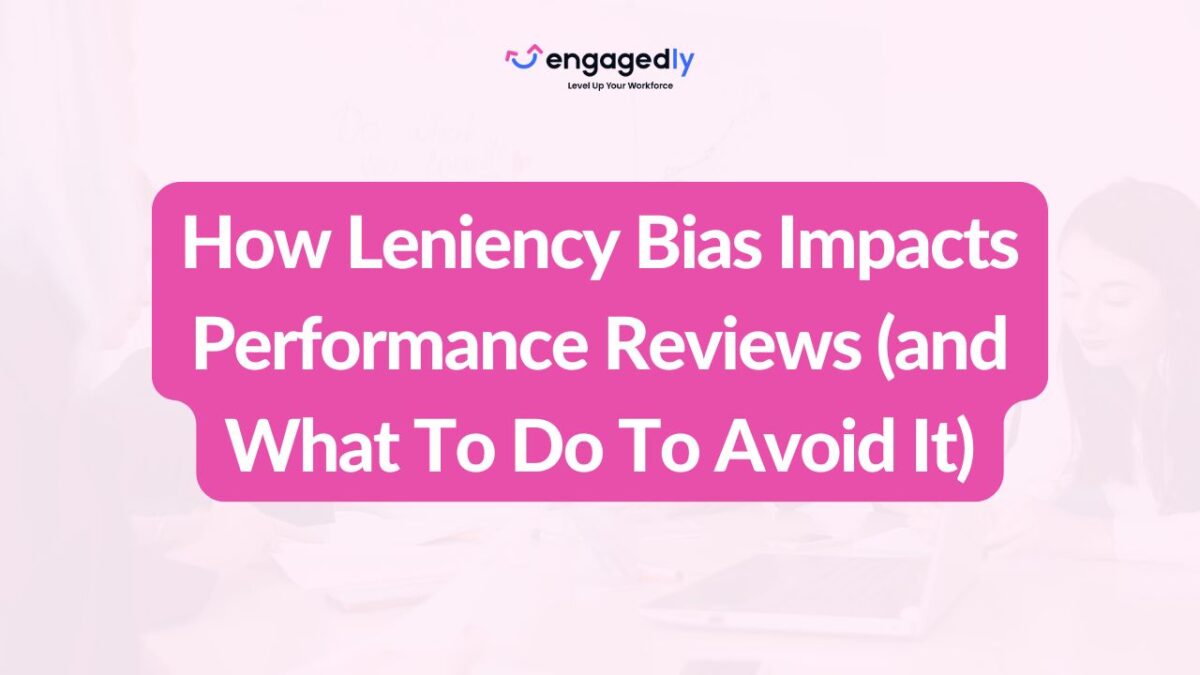The year 2020 has been a roller-coaster ride for all due to the COVID19 pandemic. While we are almost in the fourth month of the year 2024, we are still unsure how the rest of the year will turn out to be. Remote working or hybrid working has become the new norm and is still likely to continue for sometime. This new era of working has allowed employees to work flexibly, increase their productivity, put in extra effort, and work from anywhere while managing their personal lives. But it has also resulted in an increase in the number of employees reporting burnout, stress, and anxiety. As the way we work has changed, performance management also needs a more comprehensive approach. Here are some trends that are already shaping up and are here to stay.
Performance Management Goes Virtual For All
When everyone shifted to working from home or remote working, it became difficult for organizations to manage their employee’s performance. So most companies shifted to cloud-based applications or tools from the traditional approach. In our recent survey to understand the impact of COVID on Performance Management and Employee Development, we found that performance management has gone virtual and more progressive. Here are some of the results from the survey:
- Over 50 % of organization leaders reported that their employees were more frequently participating in check-ins, performance review assessments, and OKRs and Goal Management
- 64.8% of respondents reported increased frequency of engagement in ongoing check-ins with managers in the COVID Era
- 73.8% of respondents said that these changes would continue even post COVID, and 70% of them were satisfied with these changes
We also found that organizations are now focussing more on continuous performance management than a yearly or half-yearly review of performance.
Download The Whitepaper
People Development Becomes Feedback Focussed
In the survey mentioned above, we also found that people’s development has become on-the-job and based on real-time feedback. More and more organizations are focusing on sharing immediate or real-time feedback with their employees. When feedback is shared only during reviews or appraisals, it loses importance, and often employees fail to connect the dots. On the other hand, regular feedback helps employees know what they are doing right and what to improve on. It helps them reinforce the practices that will help the organization grow. It boosts their morale; motivation and satisfaction level. We can say that regular and continuous feedback has become an important part of performance management for the virtual workforce.
The Need for Skill Development and Mentoring
Skill Development and Mentoring are a big part of employee performance management in the virtual working environment. It is the right time for employees to upskill and cross-skill themselves. Frequent check-ins and feedback help managers understand their employees better. As a result, managers can identify their training and development needs easily. Give your employees access to online training academies such as Coursera, Udemy, edX, etc.
This is also the right time to start a mentoring program for your employees. Having a mentor in these uncertain times will be helpful for your employees. A mentor will help in the personal and professional development of your employee. Invest in mentoring software such as Mentoring Complete uses its proprietary algorithm and a 3-step matching process to find the correct mentor-mentee match.
When an employee sees that the organization cares for their growth and development, they feel empowered, confident, and committed to their work. It results in a decrease in employee turnover and an increase in retention.
Enhanced Streamlining of Goals and Alignment
Goal Setting and Alignment have always been a crucial component of performance management. It helps employees stay focused, engaged, and stay motivated at all times. Traditionally companies planned their goals for the entire year or half-yearly. However the current volatile nature of business has forced organizations to set short-term goals. More and more organizations have started using the OKR methodology to set their SMART goals.
Successful organizations such as Google, Amazon, Disney, LinkedIn, etc., use OKRs or Objectives and Key Results to set their goals. OKRs consist of two components – Objectives: a clearly defined goal to be achieved, and Key Results: measurable steps to achieve the objectives. Each objective should have 3-5 key results. OKRs help employees to set and align individual goals to the organization’s goals. Additionally, OKRs help everyone identify measures of success, prioritize tasks, and set stretchable goals. They can be easily updated or discontinued as per changing business needs.
Focus on Wellbeing And Employee Experience
As per recent research in Harvard Business Review, employers who invested in the well-being of their employees saw three times the return on their money spent.
Employee well-being and experience are the essence of performance management for remote employees in 2024. It is a year when companies cannot focus on providing the best customer experience alone! They also need to focus on providing the best employee experience. Failing to do so will impact employee engagement and productivity. But with employees working remotely, it often becomes difficult. Here are some ways that will make it easy:
- Use tools like Engagedly and engage in regular two-way communication and feedback. It will help you keep a pulse on employee’s engagement levels
- Offer or conduct virtual yoga or gym sessions through Zoom or Google Hangouts
- Give them access to online doctor consultation platforms
- Reward and recognize them to keep them motivated
- Have ‘Virtual watercooler’ sessions
This helps in creating a better experience for your employees. They are fit, satisfied, and happy at their jobs. Not only this, but it also helps in improving employee retention and employee engagement. Needless to say, it also results in innovation.
Are you planning to invest in a performance management software? Then request for a live demo.
Request A Demo
Author
Srikant Chellappa
CEO & Co-Founder of Engagedly
Srikant Chellappa is the Co-Founder and CEO at Engagedly and is a passionate entrepreneur and people leader. He is an author, producer/director of 6 feature films, a music album with his band Manchester Underground, and is the host of The People Strategy Leaders Podcast.






